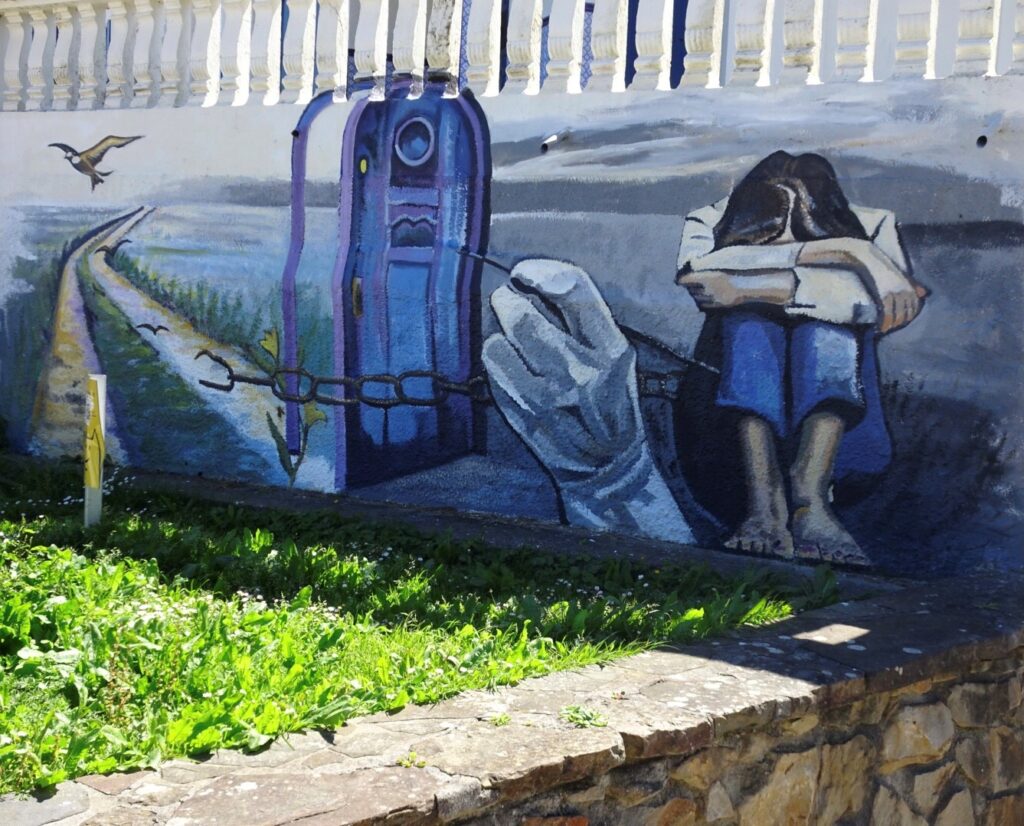As the Prodigal Son gets what he wants then turns his back on his father and his home, he seems less than aware of the blessings he has already received, both in terms of the world he has grown up in and of the love lavished upon him.
In his seeking to take but not to give in return, we see the separation that is caused when we try to become self-made men and women, refusing to recognise the grace and goodness of those who give to us, and believing we possess things in our own right.
Entering the darkness of a self-centred life, it often will take us a long time to discover that ‘without love we are nothing’.
Throughout the Gospels, written of course after Christ rose from the dead, there are suggestions of resurrection, which have been ‘lost in translation’. In many places, the King James Version uses the word ‘arise’, while the New Revised Standard Version only has ‘get up’ or something similar. In the story of the Prodigal Son we are told he said ‘I will arise and go to my father’ and that ‘he arose’ (Luke 15.18, 20, KJV).
Time and again, each one of us is given the opportunity to experience rising from what would keep us in captivity, and to enter into the fullness of the glorious freedom of the children of God.
(Excerpt from the Awesome Journey by David Adam)

